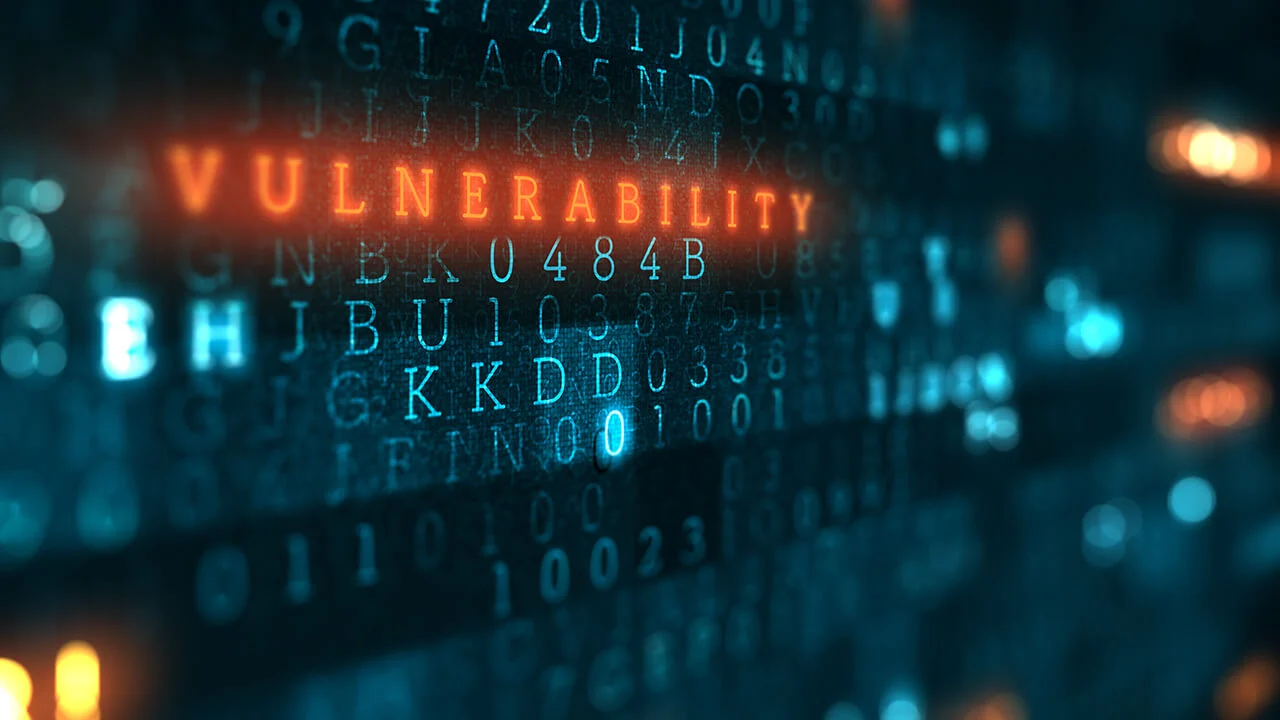ISO/IEC 21827 System Security Capability Maturity Testing
The ISO/IEC 21827 standard is designed to provide a structured approach for assessing and improving the security capabilities of systems. It offers a framework that enables organizations to enhance their system security by identifying current strengths, weaknesses, and areas for improvement. This service focuses on helping our clients achieve compliance with this international standard.
Our testing methodology aligns closely with ISO/IEC 21827’s five levels of capability maturity: Initial, Managed, Defined, Quantitative Manages, and Optimizing. Each level represents a stage in an organization's journey toward achieving higher security standards. Our approach ensures that the client not only meets but exceeds the requirements set by this standard.
The testing process involves a thorough review of the client’s current system security practices followed by a detailed evaluation using standardized metrics. This evaluation helps identify gaps and areas for improvement, which are then addressed through targeted recommendations tailored to meet specific organizational needs. The ultimate goal is to ensure that our clients can confidently demonstrate their commitment to robust cybersecurity measures.
Our team of experts uses cutting-edge tools and techniques to conduct these assessments, ensuring accuracy and reliability in the results. We also provide comprehensive reports detailing findings along with actionable insights for future improvements. By leveraging this service, organizations can gain a competitive edge by demonstrating compliance with internationally recognized standards like ISO/IEC 21827.
It is essential to note that achieving higher levels of capability maturity not only enhances security posture but also contributes positively towards organizational resilience against cyber threats. With increasing concerns about data breaches and other forms of cybersecurity incidents, having a structured approach such as provided by ISO/IEC 21827 becomes even more crucial.
In conclusion, our ISO/IEC 21827 System Security Capability Maturity Testing service provides an invaluable asset for organizations seeking to enhance their security capabilities. By offering a comprehensive assessment process aligned with international standards, we help clients achieve greater levels of maturity in their system security practices.
Why It Matters
The importance of robust cybersecurity cannot be overstated in today’s digital landscape where cyberattacks are becoming increasingly sophisticated and frequent. Organizations across various sectors face significant risks if they fail to implement adequate security measures effectively. Compliance with standards such as ISO/IEC 21827 ensures that these organizations meet the highest industry expectations regarding security practices.
Moreover, adhering to this standard helps build trust among stakeholders including customers, partners, and regulatory bodies. It demonstrates a proactive stance towards protecting sensitive information from unauthorized access or misuse. In an era where data breaches can have severe consequences ranging from reputational damage to legal ramifications, compliance with ISO/IEC 21827 serves as a safeguard against potential risks.
From an operational perspective, implementing the best practices outlined in this standard improves efficiency and effectiveness within IT environments. It allows for better resource allocation, reduced downtime due to security incidents, and enhanced overall performance of systems. Ultimately, embracing these principles contributes significantly towards creating safer digital ecosystems both internally and externally.
Benefits
Adopting ISO/IEC 21827 System Security Capability Maturity Testing offers numerous advantages beyond mere compliance with international standards. One key benefit is the establishment of a strong foundation for continuous improvement in security practices over time. This ongoing process ensures that an organization remains adaptable to evolving threats and regulatory requirements.
Another significant advantage lies in enhanced protection against cyber threats. By identifying vulnerabilities early on through thorough evaluations, organizations can take proactive steps to mitigate risks before they materialize into full-scale attacks. Additionally, this testing method fosters a culture of security awareness throughout the organization, encouraging everyone involved to contribute towards maintaining high standards.
The implementation also leads to improved operational efficiency by streamlining IT processes and reducing unnecessary complexities. With clearer guidelines on best practices, resources can be allocated more effectively leading to cost savings in terms of maintenance costs as well as potential fines or losses resulting from security breaches.
Lastly but certainly not least, adopting this standard enhances an organization’s reputation significantly. Demonstrating adherence to globally recognized standards instills confidence among customers, investors, and other stakeholders who value transparency and reliability above all else. Such positive perceptions can translate into increased business opportunities and long-term sustainability.
Environmental and Sustainability Contributions
The implementation of ISO/IEC 21827 promotes responsible use of resources by minimizing downtime caused by security incidents. Efficient systems lead to reduced energy consumption, contributing positively towards environmental conservation efforts.
By reducing the likelihood of data breaches and related damages, this standard helps prevent unnecessary waste associated with recovery operations following cyberattacks.





